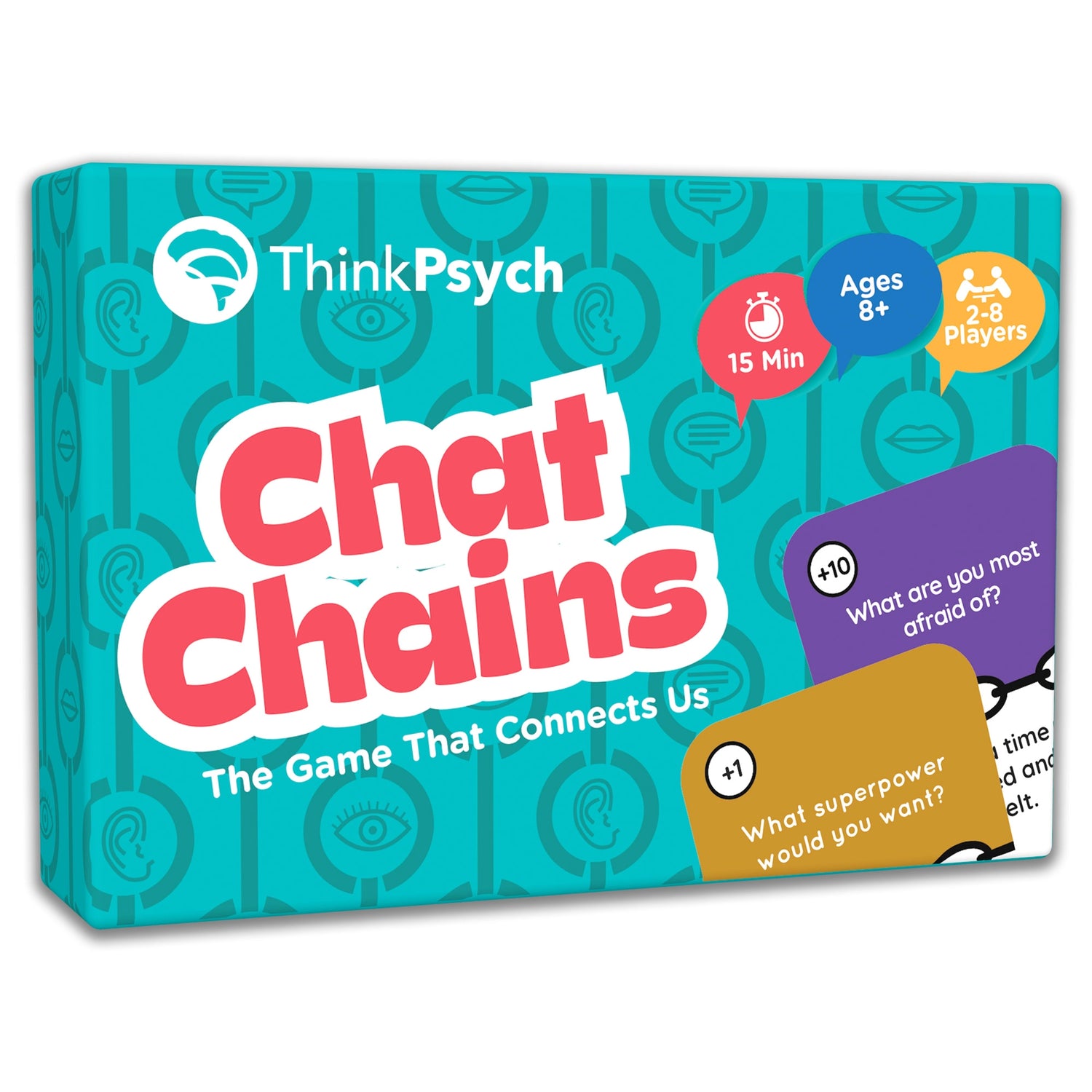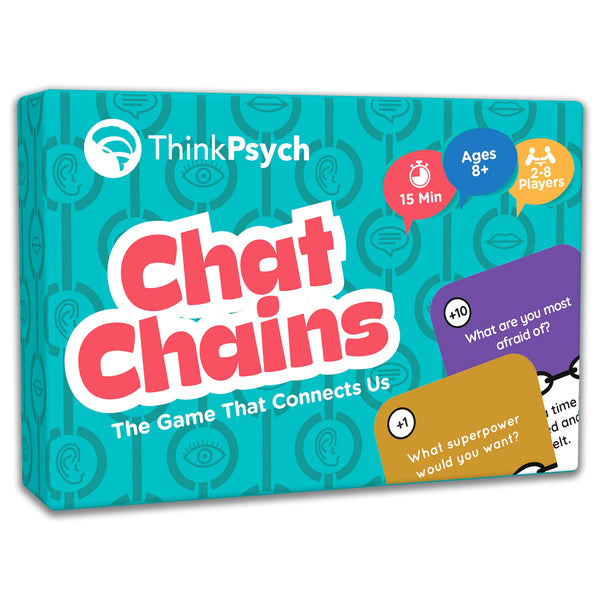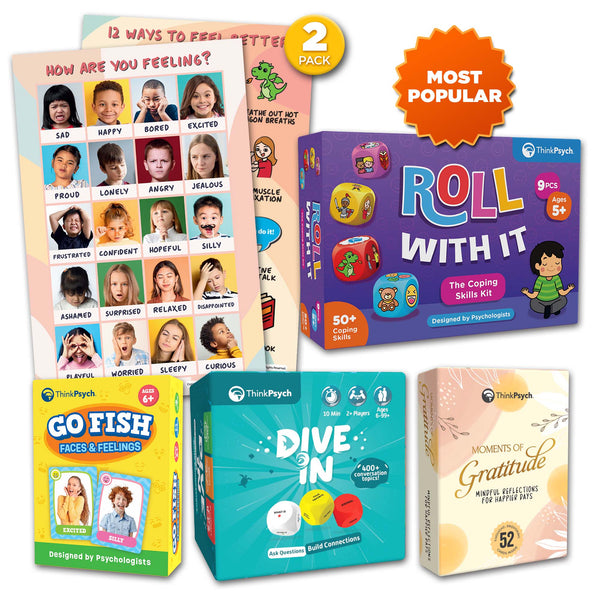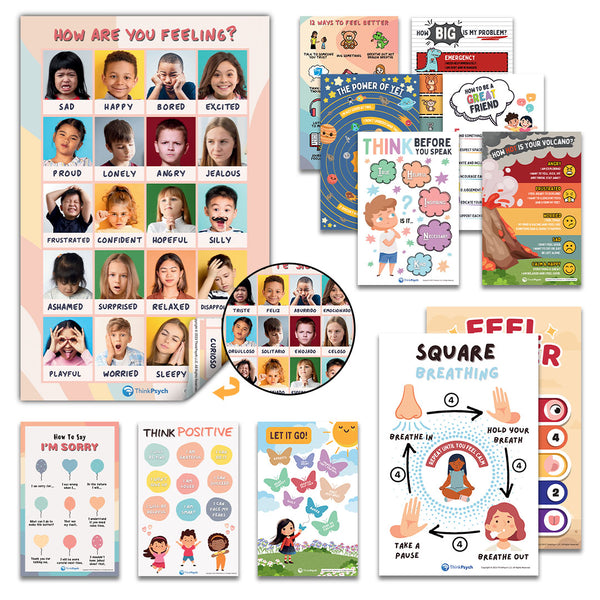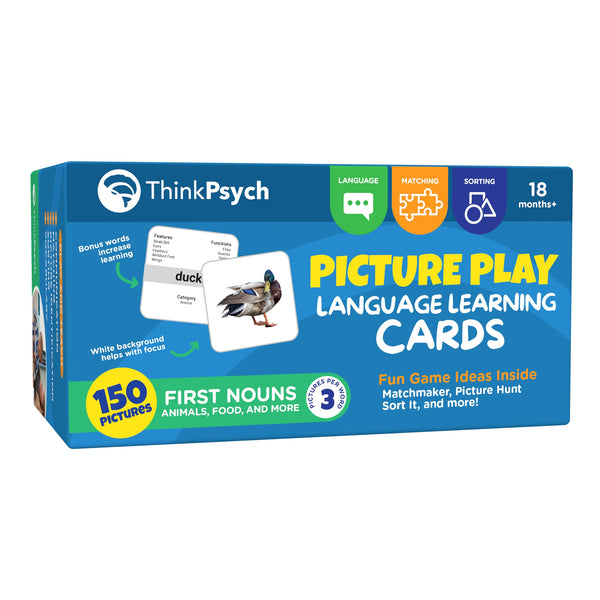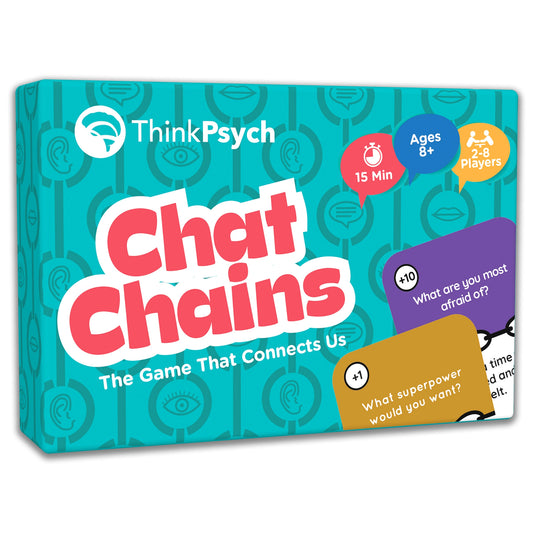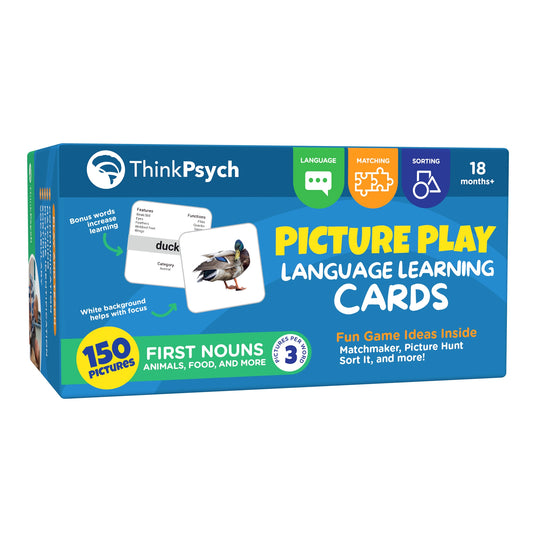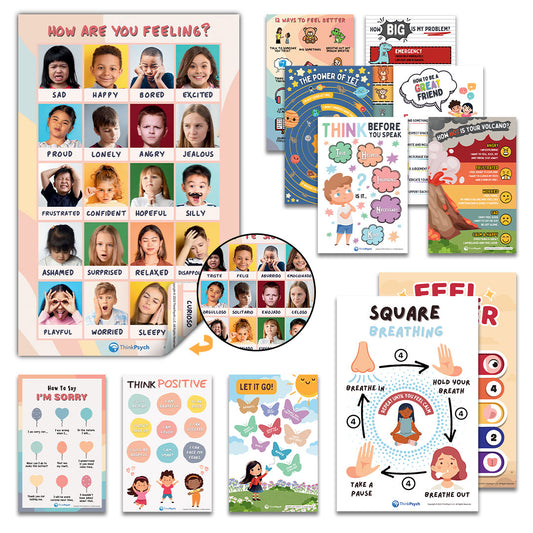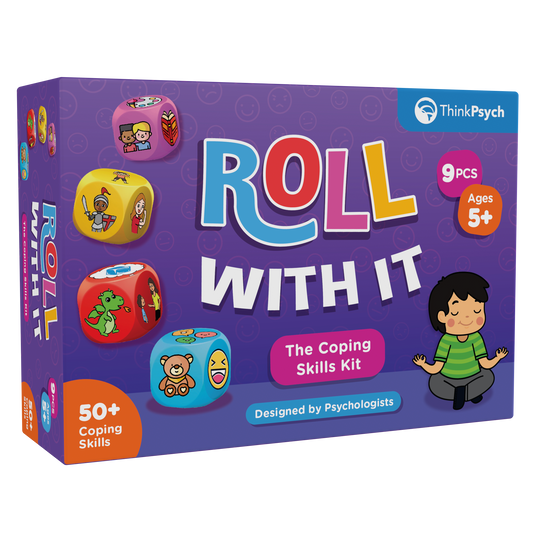
How to Teach Patience to a Child
Share
Most children are good at an awful lot of things. While they can be honest to a fault, they’re also emotional and creative, and they never lack enthusiasm for the new curiosities of life. But unfortunately – and often unfailingly – there’s one thing that most children aren’t very good at, and that’s being patient!
Even as adults, having to wait is something that we struggle with. Whether it’s rush hour traffic or a line at our favorite store, there’s nothing fun about waiting. But being patient is a part of life and that’s why it’s a skill we have to pass on to our children. Not only will it make their life easier, it can make daily parenting a lot less stressful.
There’s no trick to how to teach patience to your children. All it requires is a little explanation and some practice to help your kids get used to the waiting game. Be sure to visit ThinkPsych to learn more about the important social emotional skills to instill in your child!
Set a Timer
We’ve all experienced those moments where a minute can feel like an hour. However, when it comes to children and their sense of time this can be a lot more common.
Instead of doing it alone, you may want to teach patience to toddlers by showing them what a minute really is. If you need five minutes to finish something before taking your child to visit their friend or playing with them, set it and tell them you’ll be ready when the timer goes off. Through this, your child will learn what five minutes is as well as what it means to be patient. They may even be able to amuse themselves as they wait for the timer to go off.
Because a timer offers a hard deadline, it may be more difficult for your child to dispute it than they otherwise would. You can also utilize this method when you’re waiting to teach them that patience goes both ways and is an important part of building strong relationships.
Praise the Wait
There are moments when our children will throw a tantrum or begin to cry if they have to exercise patience. But there will also be times when they’re able to entertain themselves even while they wait for us.
When these instances occur, it’s important to praise their behavior. Mention to them that you know waiting can be boring and that you appreciate the good attitude they’ve displayed. It’s possible your child hasn’t even noticed, but encouraging the behavior will be sure to make them mindful of it in the future. And it makes how to teach patience to a child even easier as their parent!
By praising a child for being patient, you can also expect that they’ll begin to understand what it means when you wait for them.
Talk to Them About It
Kids don’t generally have the words to express what they’re feeling or thinking when they’re young. That’s why it’s important to speak up for them in situations they might not understand.
For example, if you’re waiting in the doctor’s office you may want to say to them, “Doctor’s often run late because they are trying to better help their patients. I know it can be frustrating, but I appreciate you waiting so patiently.” By acknowledging your child’s frustration and explaining why they must wait, teaching patience can be a little bit easier. Chat Chains can be a great game for teaching your child how to speak up in these situations.
From the doctor’s office to rush-hour traffic to the grocery store checkout, there are many places where your child will have to learn to wait. By knowing why, they’ll be able to develop the patience to wait their turn.
Model the Behavior
As adults who are trying to get our kids to school, go to work, and maintain a household, understanding how to teach patience can be a difficult task.
Shop ThinkPsych Products
When we’re always in a rush, there’s a good chance that we might be honking our horn or displaying signs to our children that we’re unwilling to wait. Unfortunately, children are good at imitating our behavior so it’s important to be aware of how our actions may look.
Instead of beeping the horn in traffic or rushing your child out of the car when you have to get to work, be more easygoing with things. Being punctual may be another important skill, but life can often get in the way of our schedule.
By displaying patience in our daily lives, our children will be less anxious and more willing to wait when the need arises.
Provide a Distraction
Distracting your child from the fact that they’re waiting may be a bit of a cheat. However, it can be a necessity in moments where they’re tired, hungry, or just bored with waiting.
Whether you’re at the clinic or waiting to update your passport, it’s important to have a plan when it comes to how to teach patience. You may want to bring along their favorite toy or a book that you can read to them. You may also want to sing them a song or play a game like ‘I Spy’ to keep them engaged with their surroundings.
Young or old, waiting isn’t fun for anyone, but it can be made a little better by having a method of distraction. It’s possible too that if the distraction is engaging enough, your child won’t even mind the wait!
How to Teach Patience Is a Daily Practice
We’ve all heard that patience is a virtue, but the reason it’s such a well-known phrase is probably because so few of us possess it. But teaching our children to learn to wait is as important as many other skills. By being patient, a child will be able to use the extra time they have productively. And, since waiting won’t be a big issue, it will make things easier at home since you won’t have to deal with tantrums or tears.
Are you trying to best determine how to teach patience to your child? Check out our social emotional learning collection for awesome games and tools to help.
References
Scholastic. Teaching Patience. https://www.scholastic.com/parents/family-life/social-emotional-learning/social-skills-for-kids/teaching-patience.html
What to Expect. How to Teach a Child to Be Patient. https://www.whattoexpect.com/toddler/behavior/impatience.asp
The Washington Post. Patience is learned. Here’s how to teach your kids to wait. https://www.washingtonpost.com/parenting/2023/09/19/teach-children-patience-advice/
